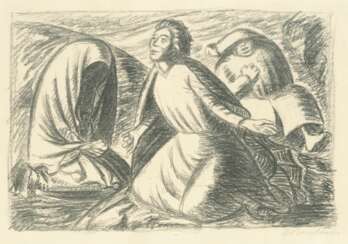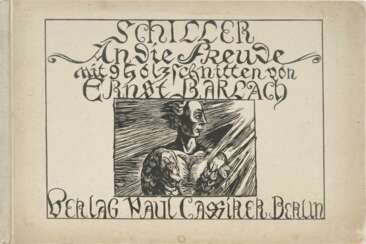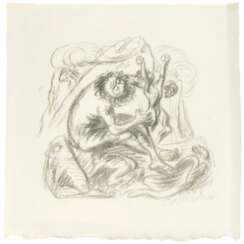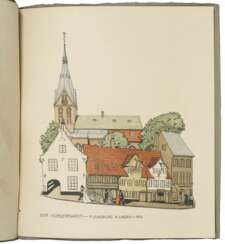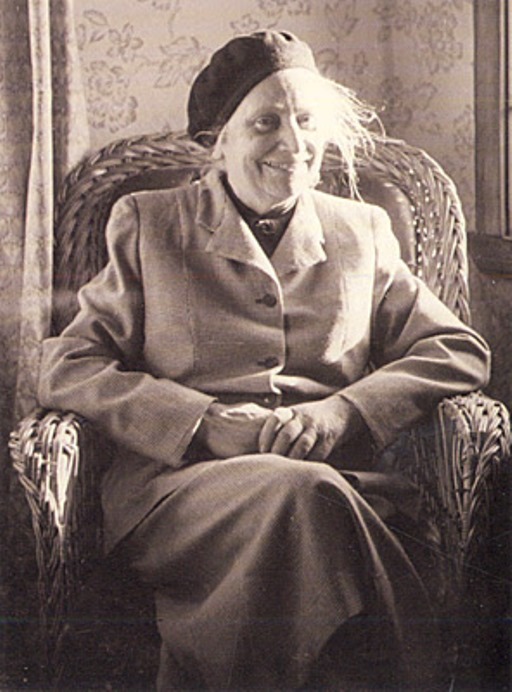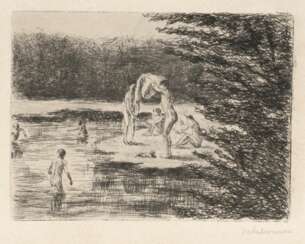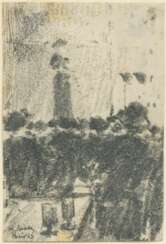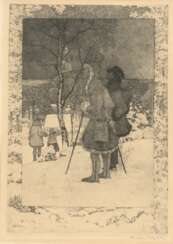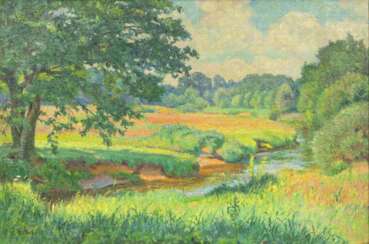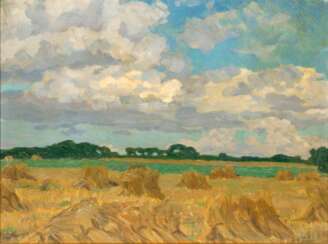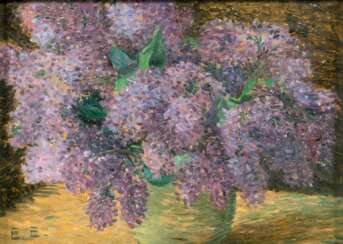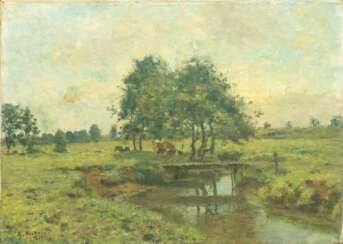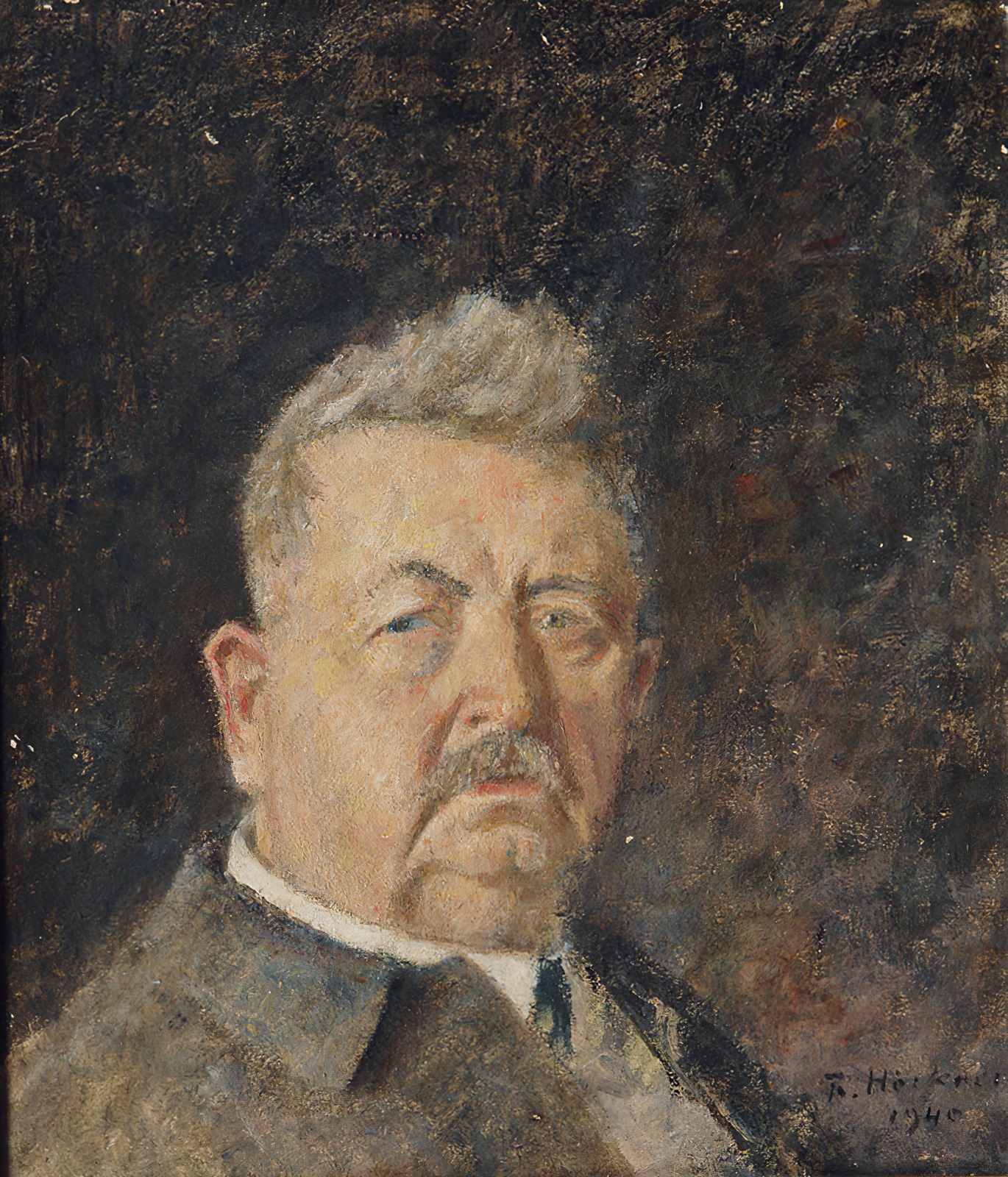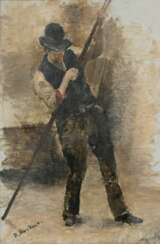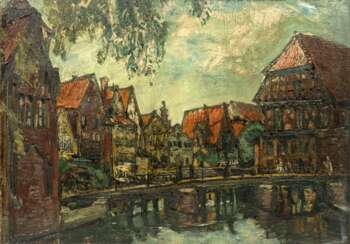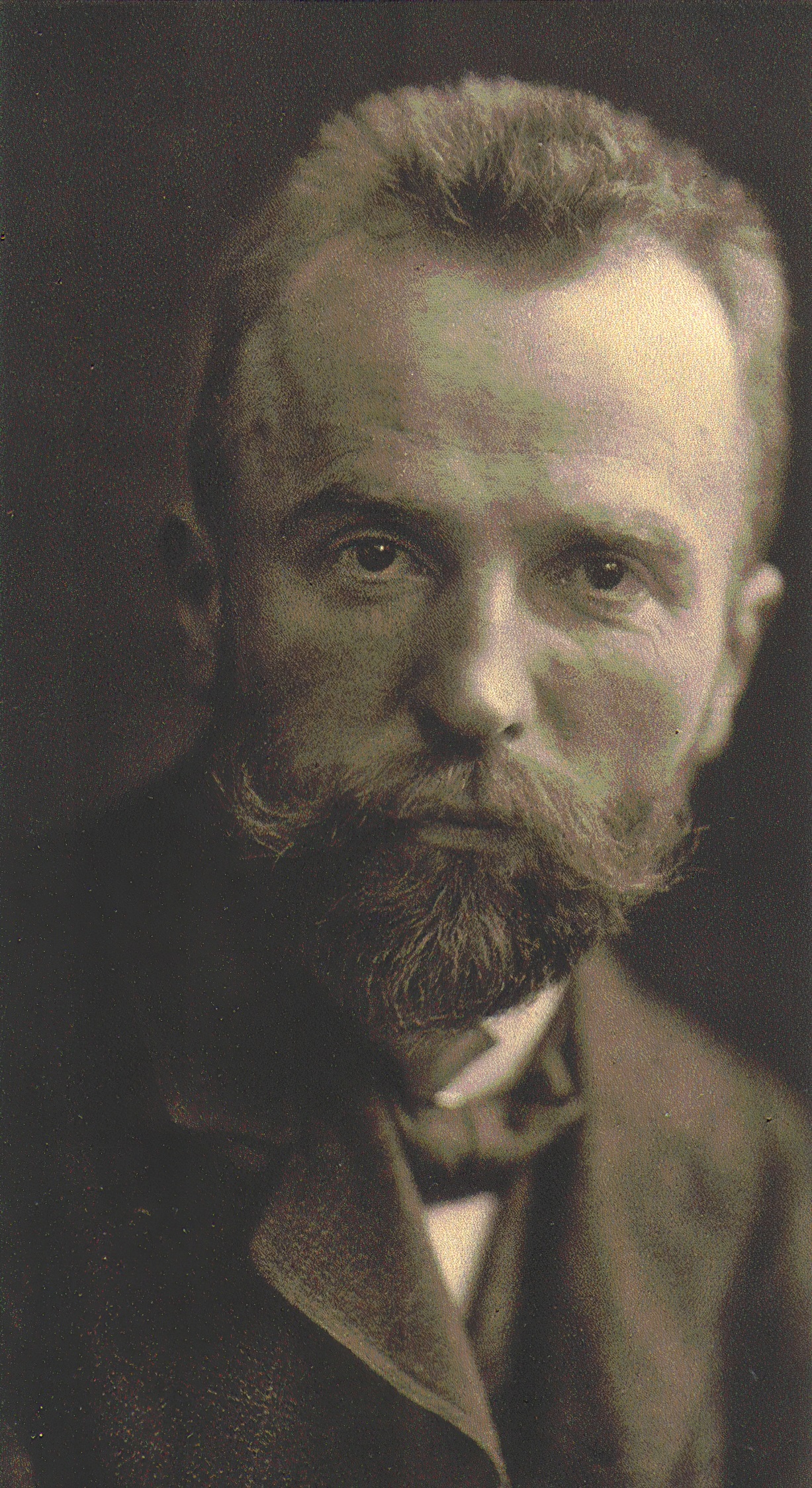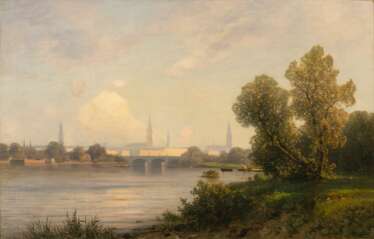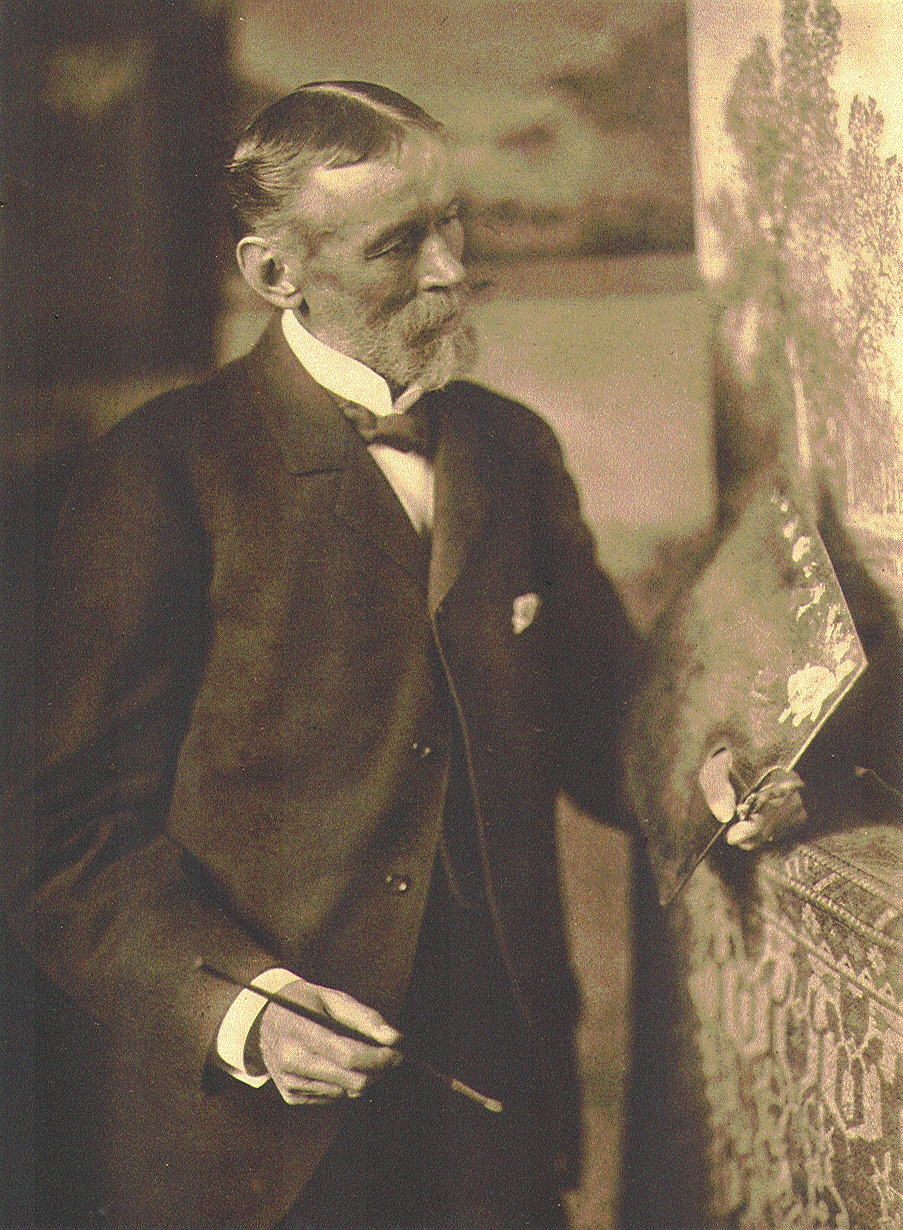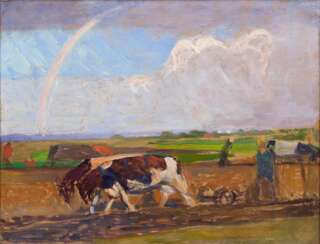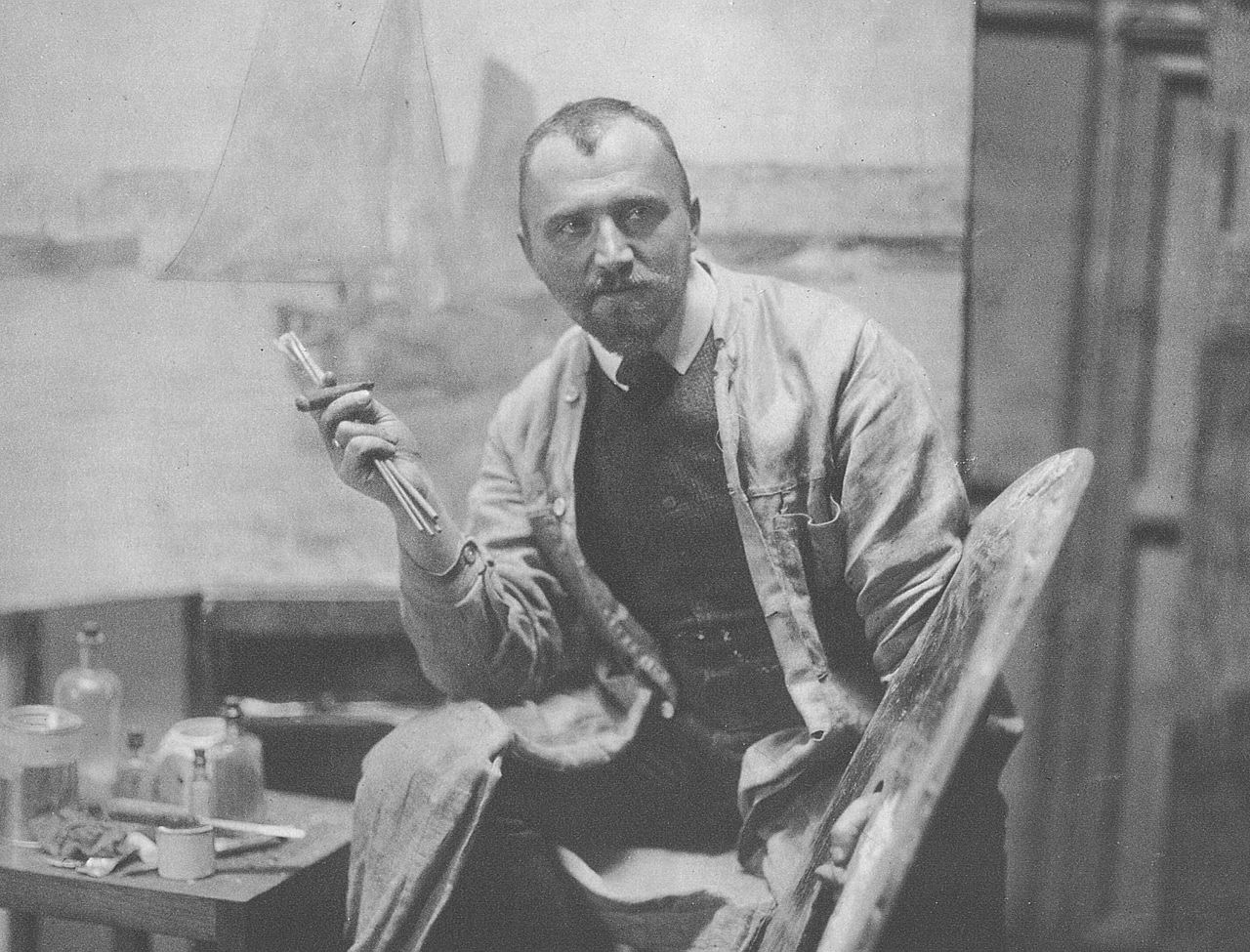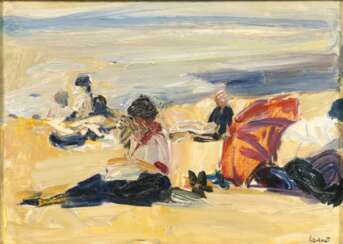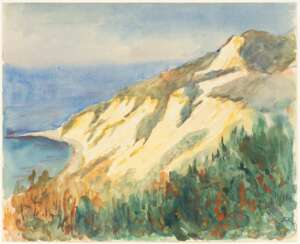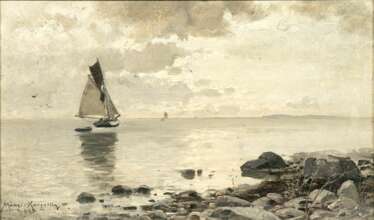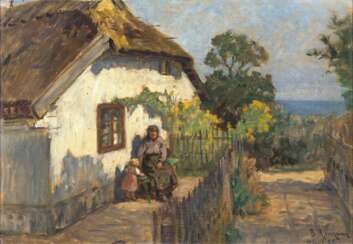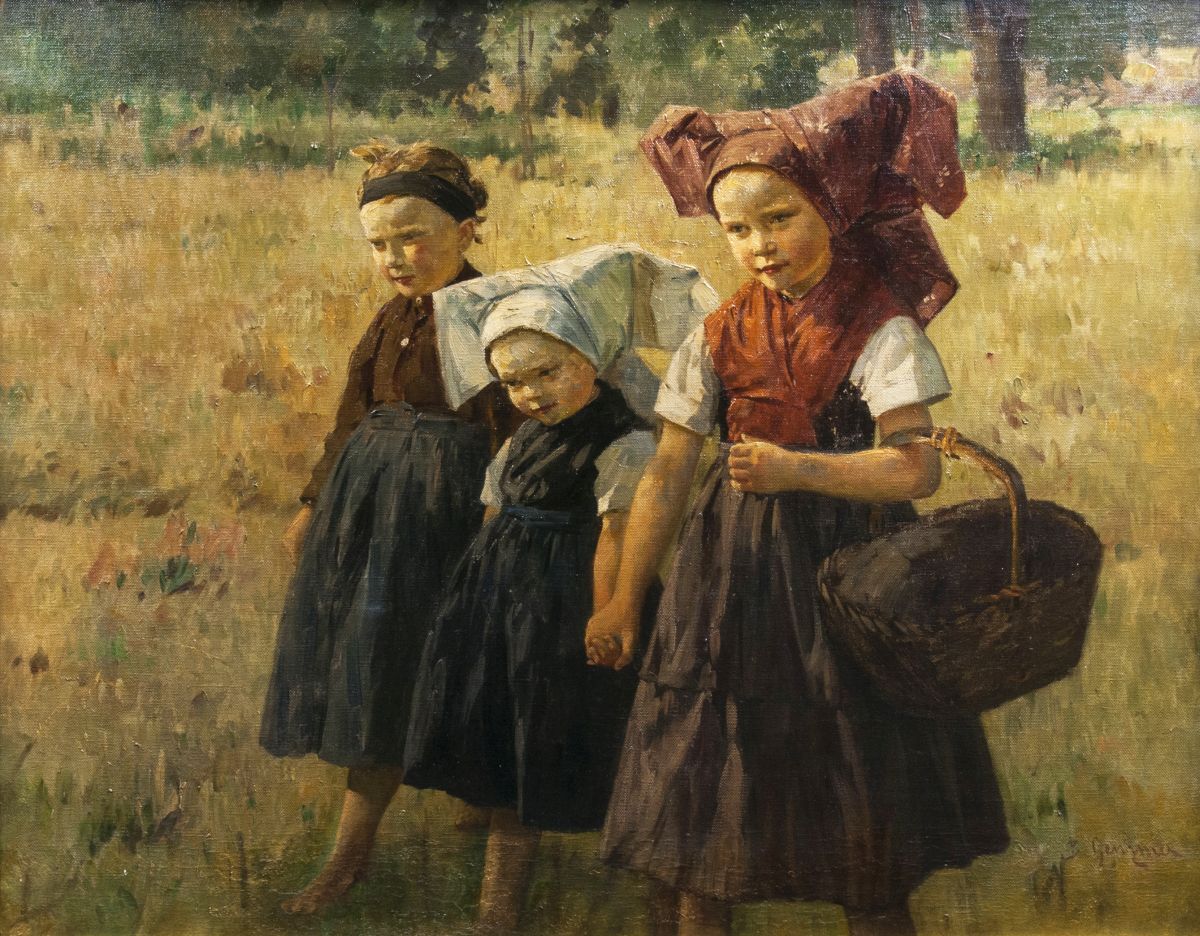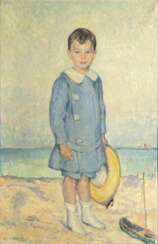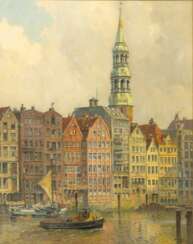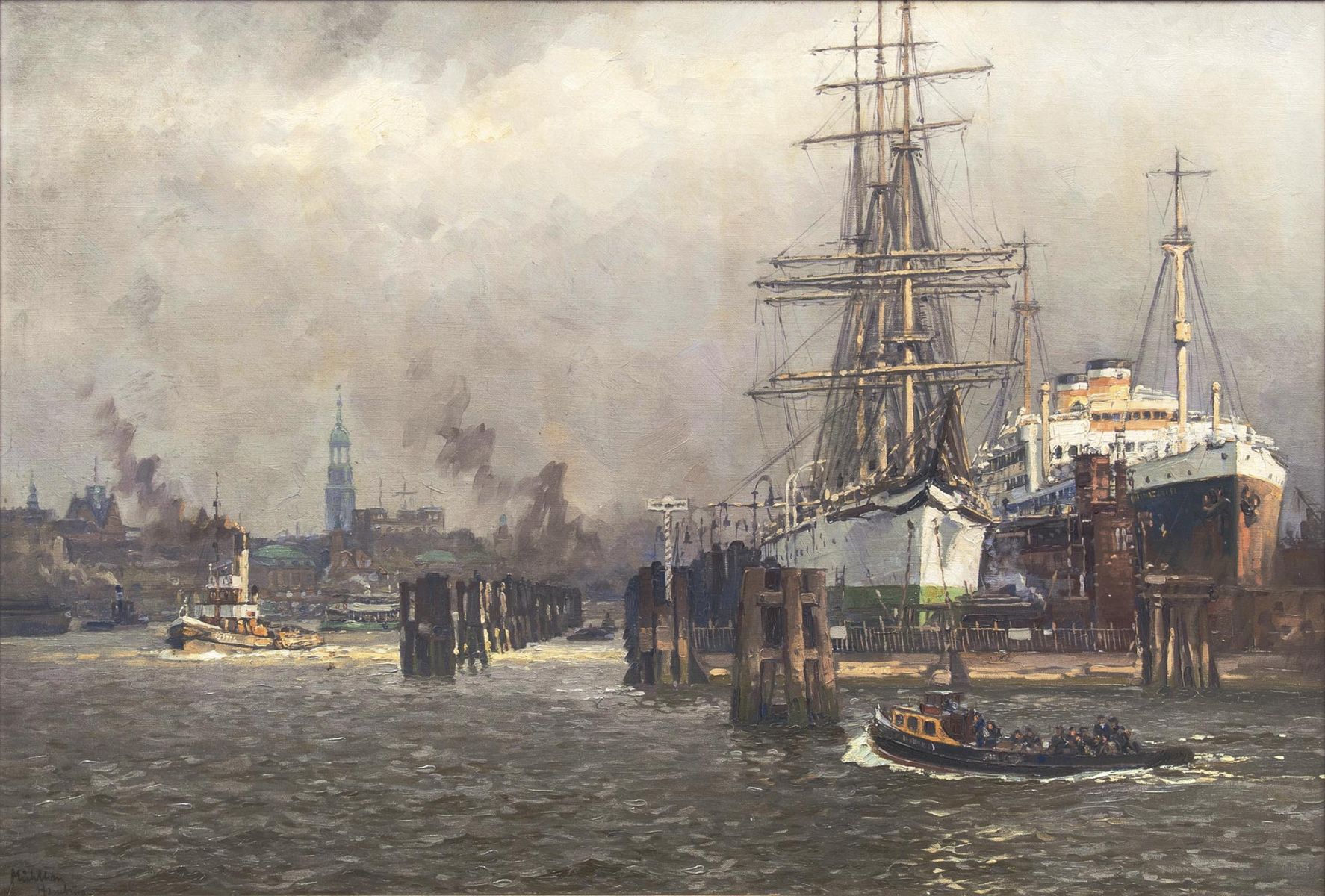
Below 3000: Alte und Neuere Meister
.jpg)
Ernst Heinrich Barlach was a German expressionist sculptor, medallist, printmaker and writer. Although he was a supporter of the war in the years leading to World War I, his participation in the war made him change his position, and he is mostly known for his sculptures protesting against the war. This created many conflicts during the rise of the Nazi Party, when most of his works were confiscated as degenerate art. Stylistically, his literary and artistic work would fall between the categories of twentieth-century Realism and Expressionism.
.jpg)
Ernst Heinrich Barlach was a German expressionist sculptor, medallist, printmaker and writer. Although he was a supporter of the war in the years leading to World War I, his participation in the war made him change his position, and he is mostly known for his sculptures protesting against the war. This created many conflicts during the rise of the Nazi Party, when most of his works were confiscated as degenerate art. Stylistically, his literary and artistic work would fall between the categories of twentieth-century Realism and Expressionism.
.jpg)
Ernst Heinrich Barlach was a German expressionist sculptor, medallist, printmaker and writer. Although he was a supporter of the war in the years leading to World War I, his participation in the war made him change his position, and he is mostly known for his sculptures protesting against the war. This created many conflicts during the rise of the Nazi Party, when most of his works were confiscated as degenerate art. Stylistically, his literary and artistic work would fall between the categories of twentieth-century Realism and Expressionism.
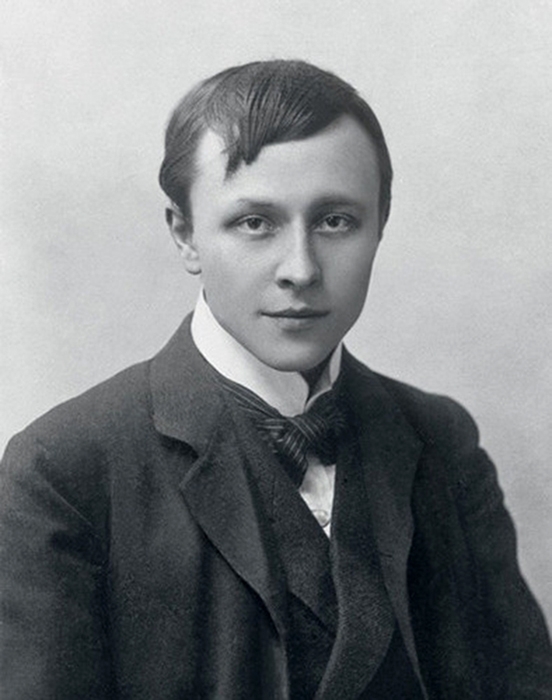
Alfred Kubin was an outstanding Austrian engraver, illustrator and writer, and a prominent representative of the Symbolic and Expressionist trends in the visual arts in the first half of the 20th century. Alfred Kubin's works are full of phantasmagoric and grotesque depictions of dreams, motifs of desolation and fear.
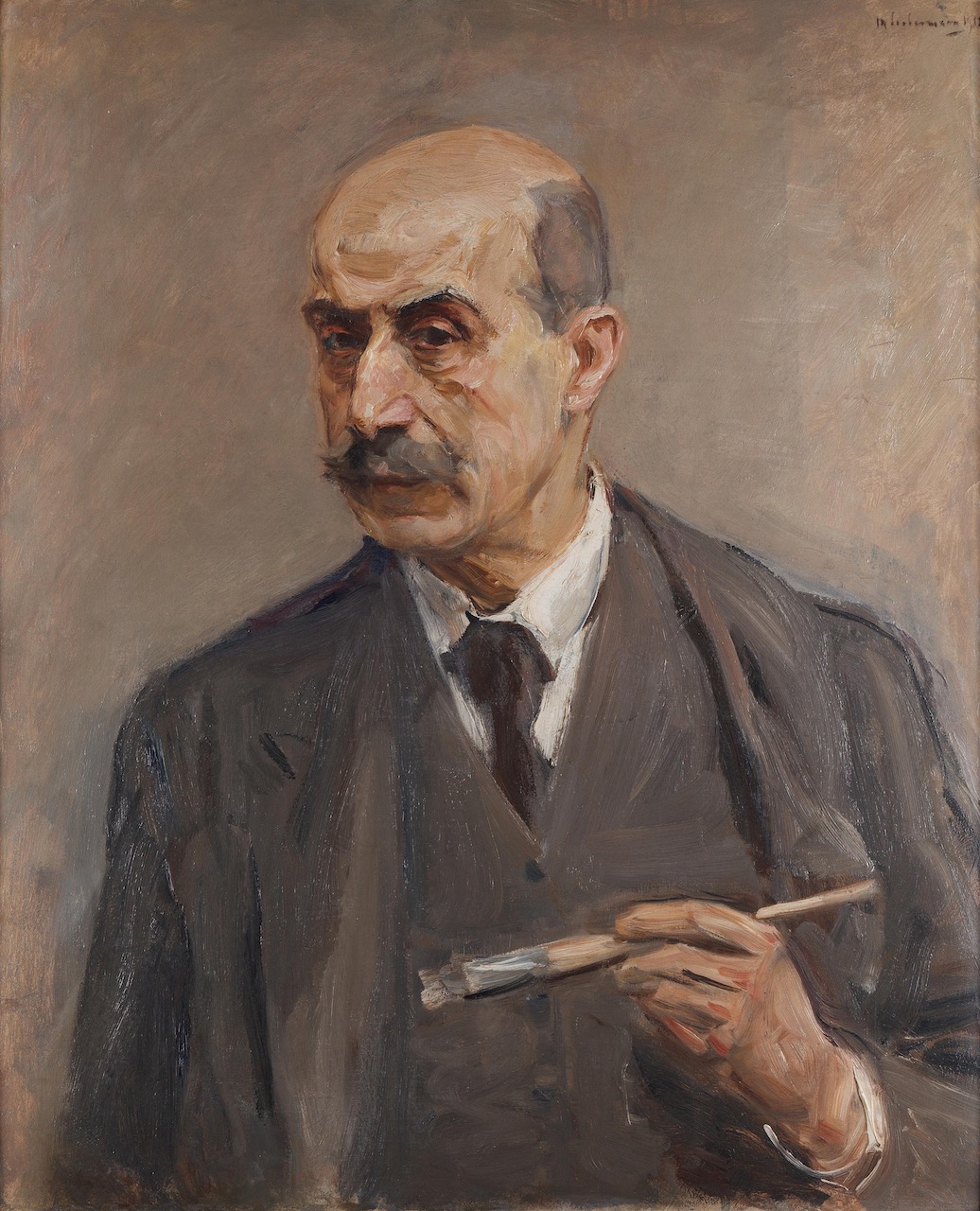
Max Liebermann was a German painter and printmaker, and one of the leading proponents of Impressionism in Germany and continental Europe. In addition to his activity as an artist, he also assembled an important collection of French Impressionist works.
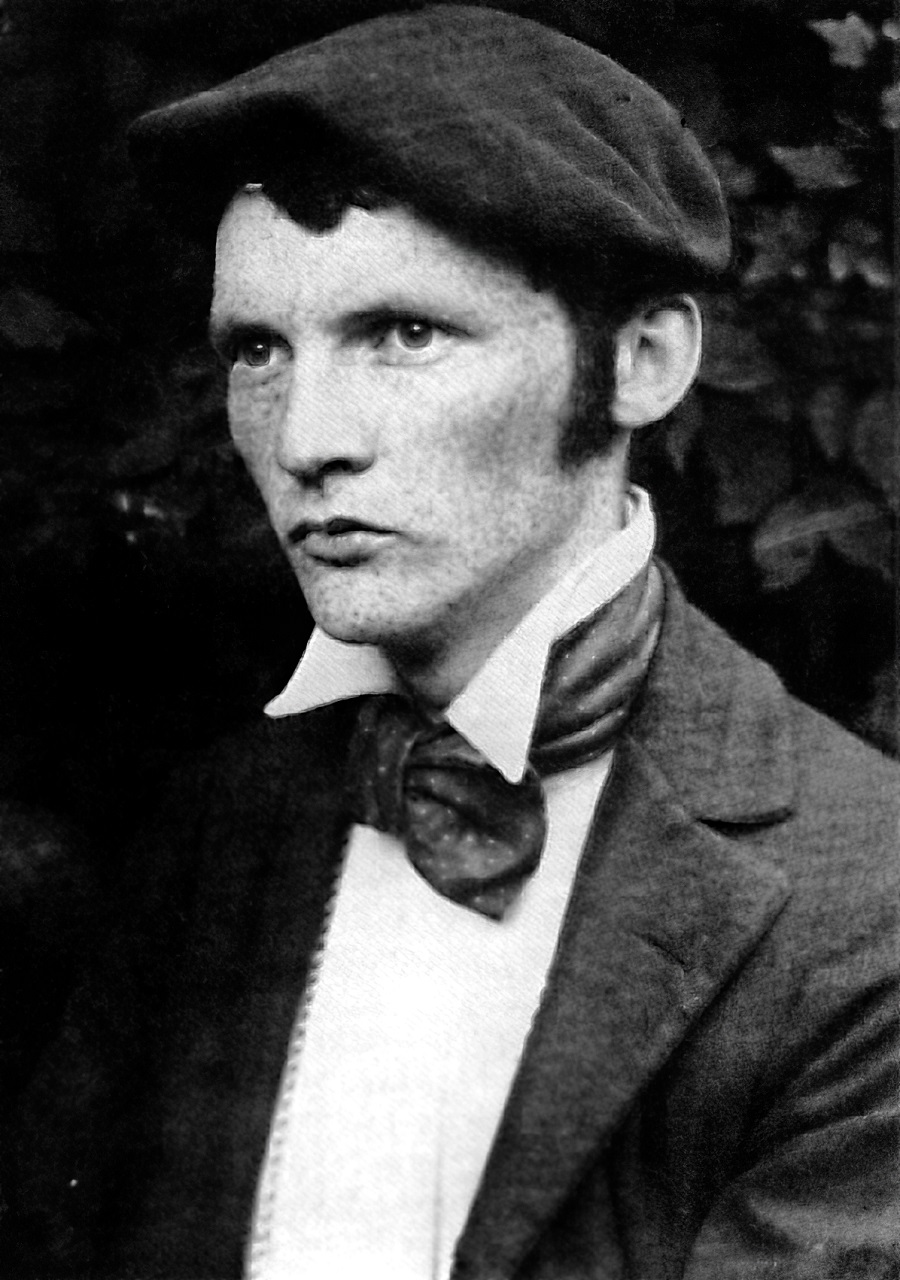
Heinrich Vogeler was a German artist and philosopher, a representative of the German Art Nouveau. A versatile and talented artist, he painted, watercolored, composed poems, designed, designed and decorated. Over time, his style of art changed over a wide range.
During World War I, from 1914 to 1917, Vogeler was on the Eastern Front as a volunteer and made sketches, which resulted in his pacifist sentiments.
In the mid-1920s he visited the Soviet Union several times and his impressions resulted in paintings in his own "complex style: "Karelia and Murmansk" (1926), "Building a New Life in the Soviet Republics of Central Asia" (1927), and "Baku" (1927). In 1931 Vogeler received an invitation to work in the USSR. The coming to power of the Nazis in Germany made it impossible for him to return home, and after Hitler's invasion Vogeler among many was deported to the Kazakh SSR, where he died.
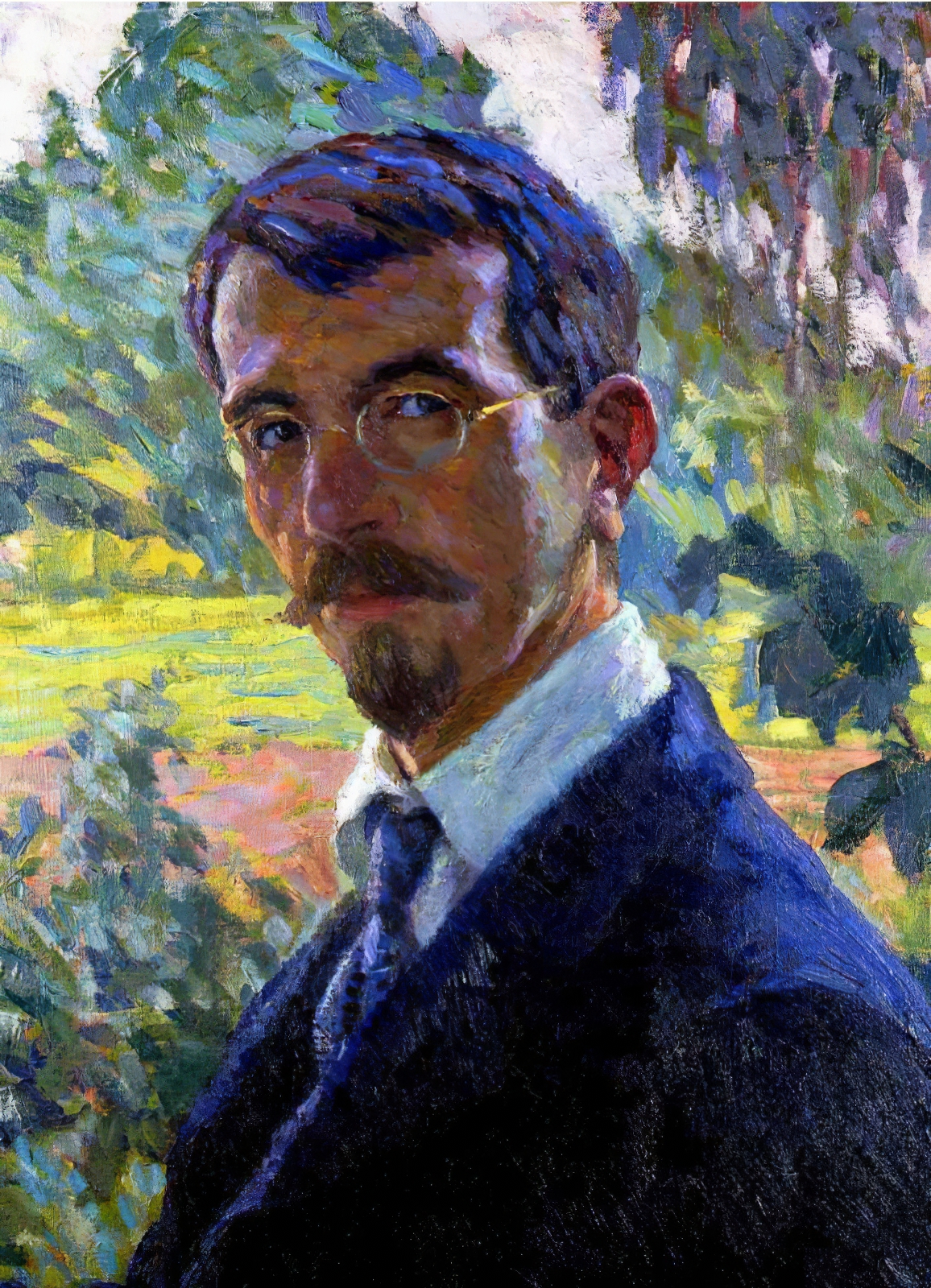
Wilhelm Heinrich Ernst Eitner was a German painter of the late nineteenth and first half of the twentieth centuries. He is known as an impressionist painter and teacher.
Eitner produced portraits, landscapes, and woodcuts in a style reminiscent of Japanese art. Despite initial rejection in German society of his impressionist style of painting, over the years he gained recognition and even the title "Claude Monet of the North." Eitner was a member of numerous art associations. His works are preserved in the Hamburg Kunsthalle.

Wilhelm Heinrich Ernst Eitner was a German painter of the late nineteenth and first half of the twentieth centuries. He is known as an impressionist painter and teacher.
Eitner produced portraits, landscapes, and woodcuts in a style reminiscent of Japanese art. Despite initial rejection in German society of his impressionist style of painting, over the years he gained recognition and even the title "Claude Monet of the North." Eitner was a member of numerous art associations. His works are preserved in the Hamburg Kunsthalle.

Wilhelm Heinrich Ernst Eitner was a German painter of the late nineteenth and first half of the twentieth centuries. He is known as an impressionist painter and teacher.
Eitner produced portraits, landscapes, and woodcuts in a style reminiscent of Japanese art. Despite initial rejection in German society of his impressionist style of painting, over the years he gained recognition and even the title "Claude Monet of the North." Eitner was a member of numerous art associations. His works are preserved in the Hamburg Kunsthalle.

Wilhelm Heinrich Ernst Eitner was a German painter of the late nineteenth and first half of the twentieth centuries. He is known as an impressionist painter and teacher.
Eitner produced portraits, landscapes, and woodcuts in a style reminiscent of Japanese art. Despite initial rejection in German society of his impressionist style of painting, over the years he gained recognition and even the title "Claude Monet of the North." Eitner was a member of numerous art associations. His works are preserved in the Hamburg Kunsthalle.

Wilhelm Heinrich Ernst Eitner was a German painter of the late nineteenth and first half of the twentieth centuries. He is known as an impressionist painter and teacher.
Eitner produced portraits, landscapes, and woodcuts in a style reminiscent of Japanese art. Despite initial rejection in German society of his impressionist style of painting, over the years he gained recognition and even the title "Claude Monet of the North." Eitner was a member of numerous art associations. His works are preserved in the Hamburg Kunsthalle.
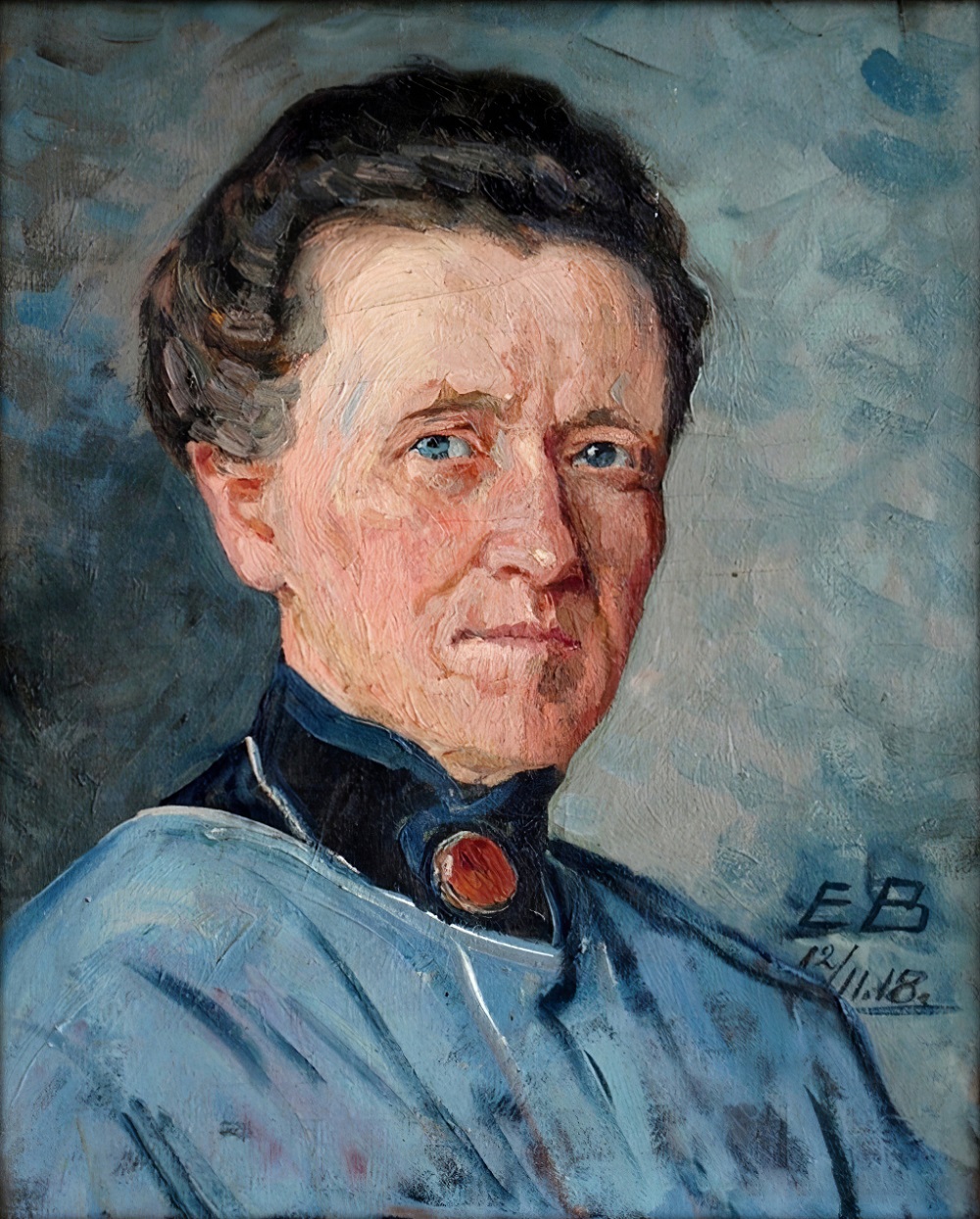
Elisabeth Büchsel, full name Elisabeth Charlotte Helene Emilie Büchsel, was a German artist. She studied painting in Berlin, Dresden, Paris and Munich.
Elisabeth Büchsel painted mainly portraits and landscapes of Rügen and Stralsund. From 1904 she lived and worked on the island of Hiddensee from spring to autumn.
Büchsel was a member of the Association of Visual Artists of Germany.

Elisabeth Büchsel, full name Elisabeth Charlotte Helene Emilie Büchsel, was a German artist. She studied painting in Berlin, Dresden, Paris and Munich.
Elisabeth Büchsel painted mainly portraits and landscapes of Rügen and Stralsund. From 1904 she lived and worked on the island of Hiddensee from spring to autumn.
Büchsel was a member of the Association of Visual Artists of Germany.

Elisabeth Büchsel, full name Elisabeth Charlotte Helene Emilie Büchsel, was a German artist. She studied painting in Berlin, Dresden, Paris and Munich.
Elisabeth Büchsel painted mainly portraits and landscapes of Rügen and Stralsund. From 1904 she lived and worked on the island of Hiddensee from spring to autumn.
Büchsel was a member of the Association of Visual Artists of Germany.
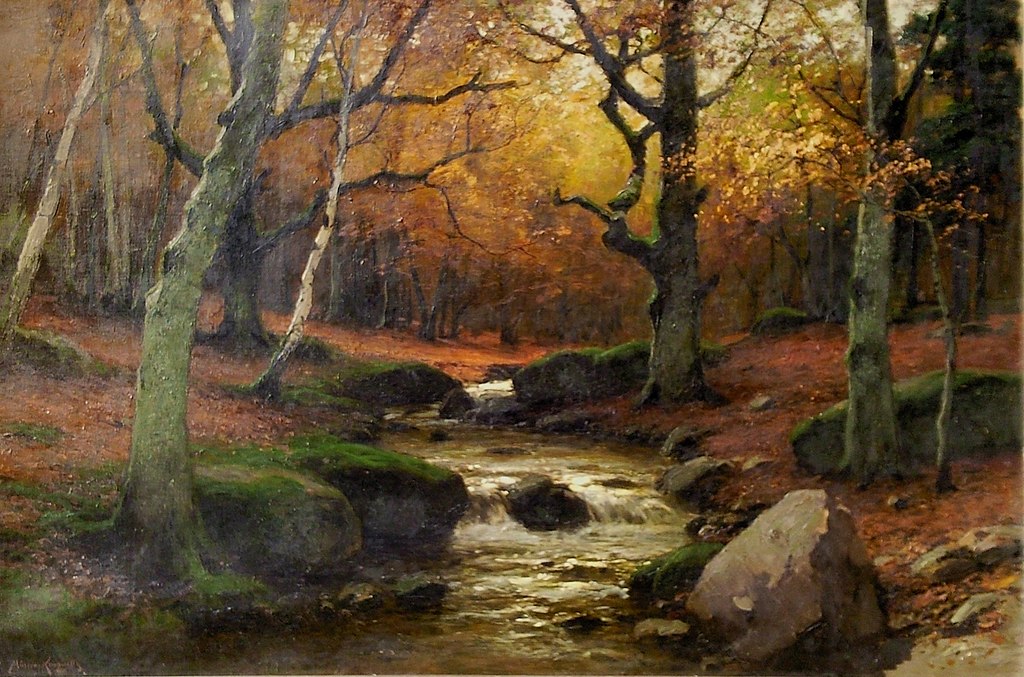
Konrad Alexander Müller-Kurzwelly was a German painter. He became known as an influential painter of naturalism and German impressionism. He studied at the Berlin Academy of Arts under Hans Fredrik Gude, who led a master class in landscape painting.
Konrad Müller-Kurzwelly began with a realistic landscape, following the Barbizon school, and was strongly oriented towards the reproduction of atmospheric moods. He often created Impressionist plein air sketches, which can be seen as works in their own right. It was important for him to reproduce sensually tangible impressions of nature in different seasons and create a pole of calm in his paintings, in contrast to the bustle of the ever-expanding metropolitan Berlin of the time.
Since 1883 Müller-Kurzwelli has been a member of the Berlin Artists' Association.
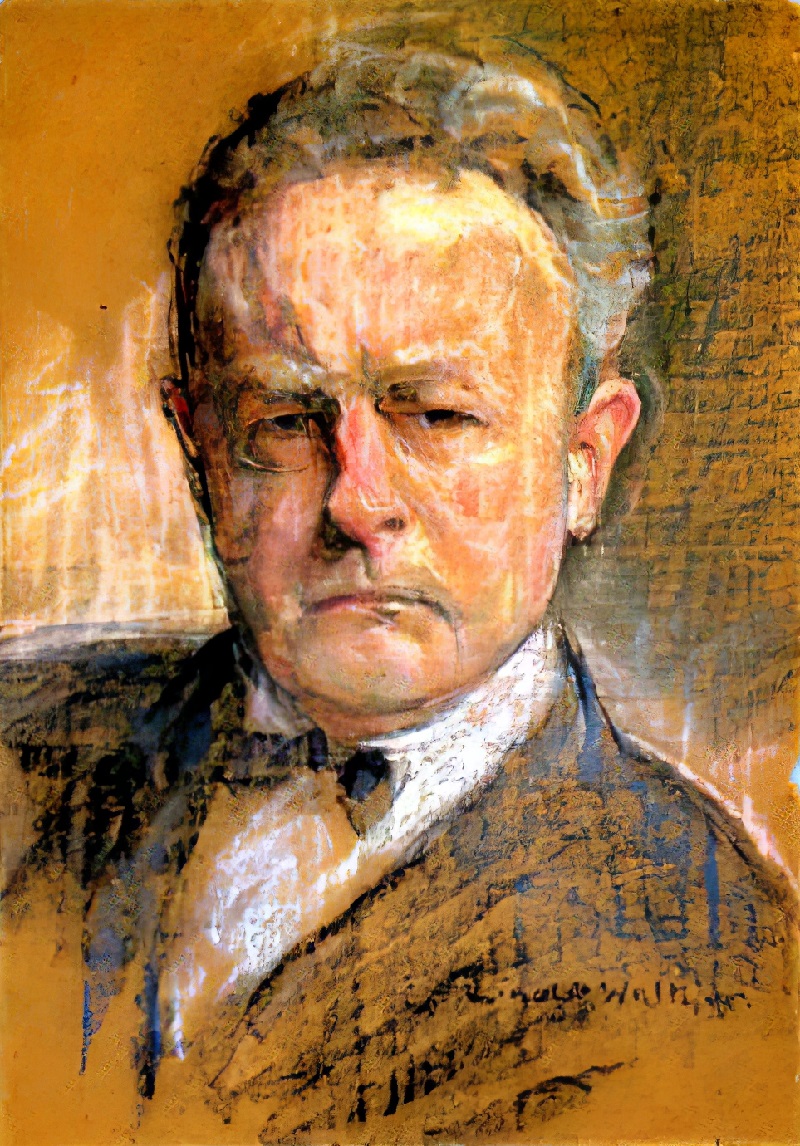
Heinrich Eduard Linde-Walther was a German painter and illustrator. He studied painting at the Academy of Fine Arts in Munich with Gabriel von Hackl and Paul Hoecker. Also at the Académie Julian in Paris. Member of the Berlin Secession since 1902.
Heinrich Eduard Linde-Walter was mainly known for landscapes and still lifes, but also did numerous children's portraits and illustrations for children's stories. Most of his works were commissioned by individual clients and remain in private ownership.
